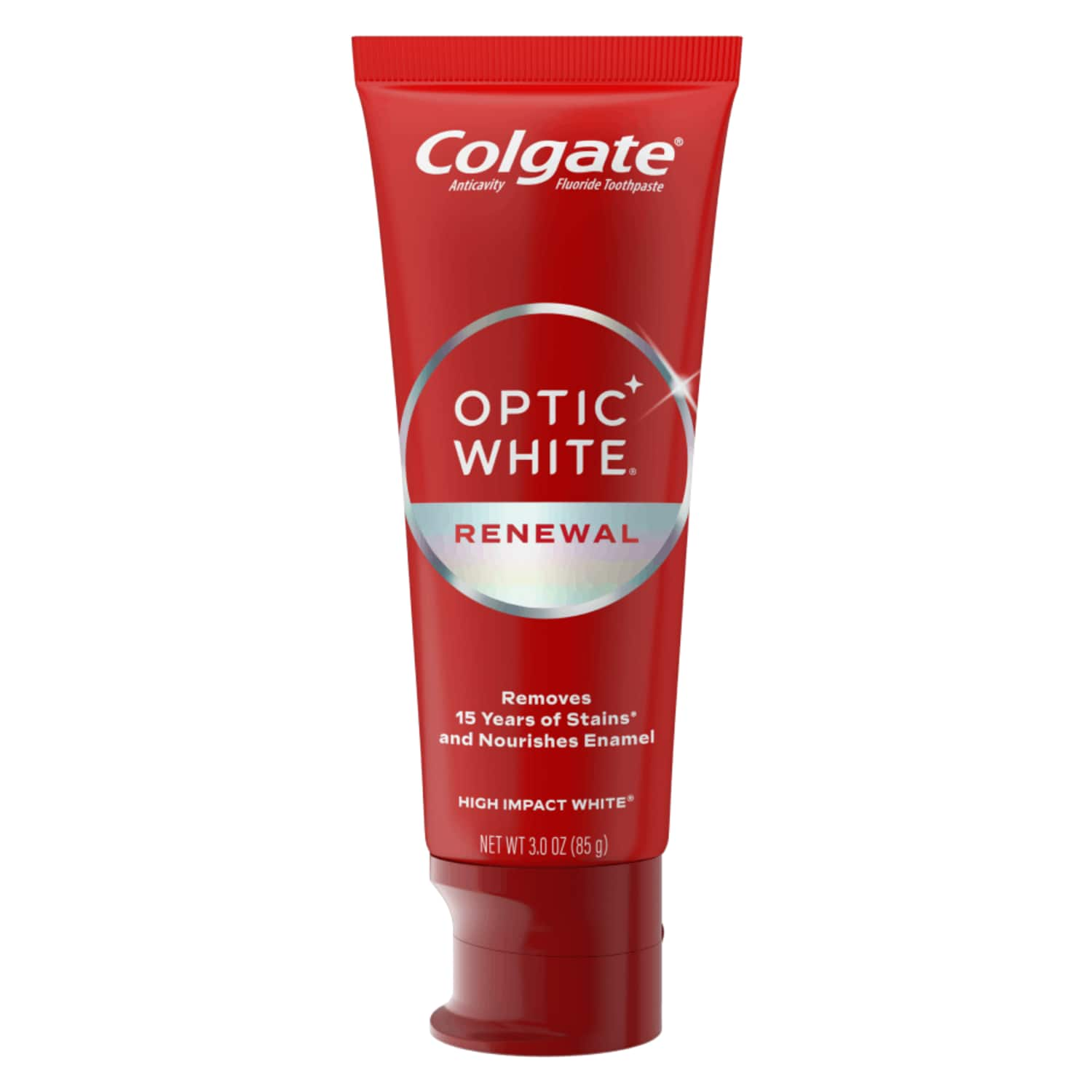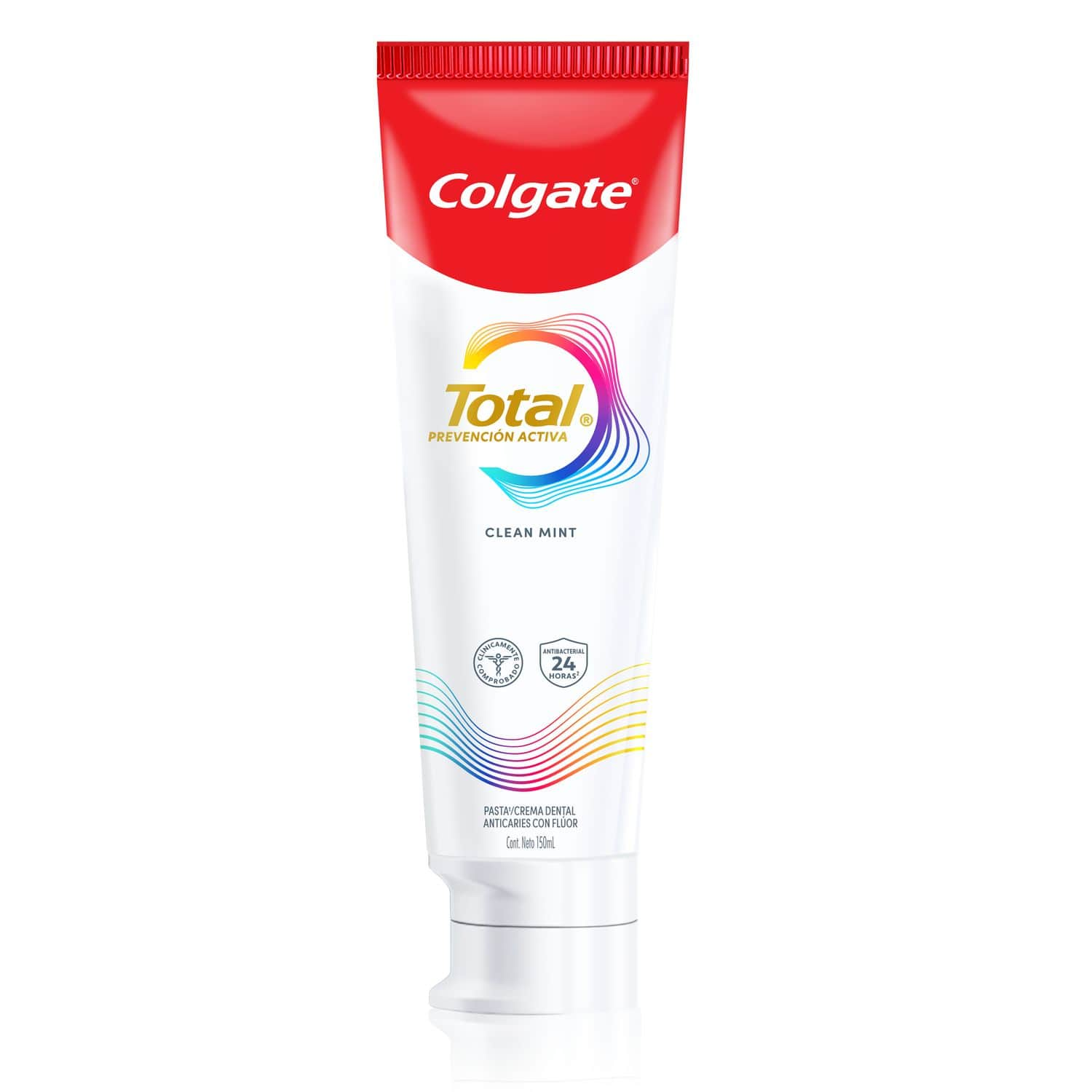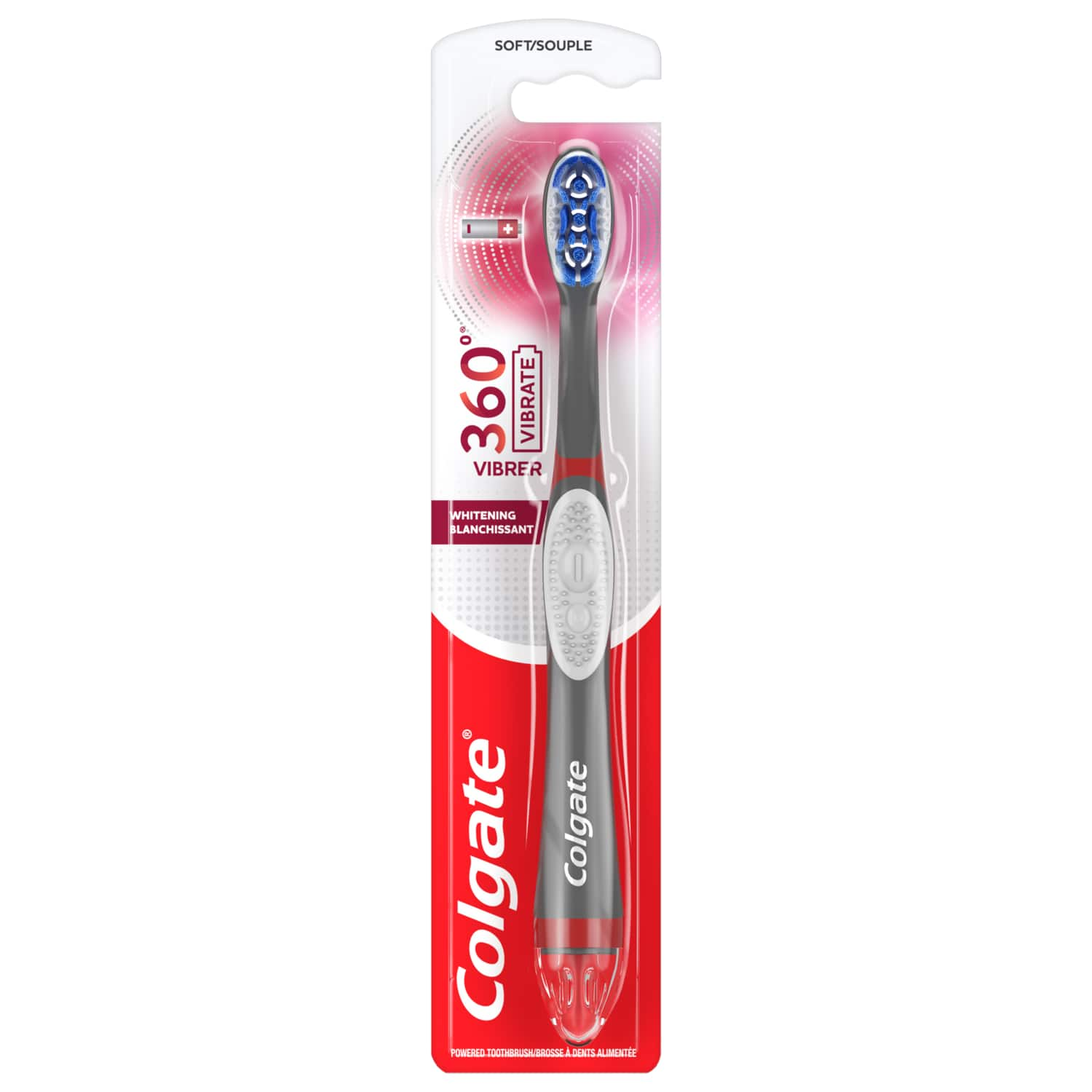Endogenous Causes
Your skin contains cells called melanocytes that secrete the pigment that forms your skin colour. In your mouth, this pigment (called melanin) can form symmetrical markings that appear dark or black in colour. The colour of skin and probably of any pigmented part of the oral mucosa is genetically determined by the number and size of the melanosomes and the type of melanin that they produce.
Another possible cause of a black spot on gums is a blood vessel malformation in the tissues called a hemangioma. This is a benign condition that doesn't usually require treatment. Areas that are chronically inflamed from conditions like lichen planus can also suffer dark spots.
Endocrine disorders can also lead to the production of melanin from melanocytes according to the Canadian Medical Association Journal. If you've never had melanin pigmentation in your mouth, then a sudden scattering of black spots may be a sign that you need to rule out a problem with your adrenal glands.
Exogenous Causes
Foreign objects lodged under the gum tissue can sometimes appear as black spots. The culprit is often a piece of an old amalgam filling that can become physically pushed into the gum tissue, leaving a dark blue or black dot (sometimes called an amalgam tattoo). This is also benign, and unless there is a cosmetic issue no treatment is required.
Long-term smoking can lead to a condition called smoker's melanosis, which can appear as dark black or brown spots on the inside of the cheeks and lips. According to Dental Health Alberta, the condition is reversible and spots will often clear up if the person stops smoking, though it may take several years.
Oral Cancer
A single isolated black spot on gums that suddenly appears can be alarming since it might indicate a kind of oral cancer called malignant melanoma. Malignant melanoma of the mouth is rare and because it is usually diagnosed at a late stage, it tends to grow and spread quickly according to the Canadian Cancer Society.
This kind of lesion can frequently be found on the hard palate or the gum tissue around the teeth. The spot can start out as flat and then become raised or bumpy over time. Early diagnosis is key to treating this kind of cancer. If your dentist suspects a problem, they may perform a simple biopsy to test the tissue.
The Importance of Screenings
The best way to prevent, catch and treat oral discolouration is to ask your dentist for frequent oral cancer screenings. Your dentist will become familiar with the natural areas of melanin in your mouth and be able to monitor changes over time. So, if you find a spot on your gums, don't panic — but do make an appointment with your oral health care provider.
ORAL HEALTH QUIZ
What's behind your smile?
Take our Oral Health assessment to get the most from your oral care routine
ORAL HEALTH QUIZ
What's behind your smile?
Take our Oral Health assessment to get the most from your oral care routine














